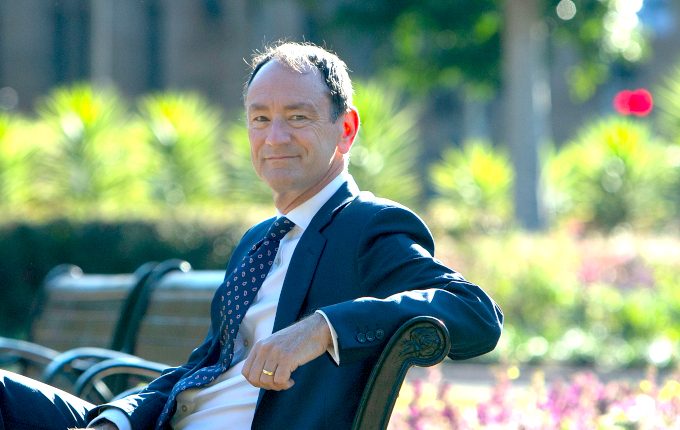TCorp has been on a merger journey that has seen it become a $107 billion juggernaut. In this exclusive interview, TCorp Chief Executive David Deverall talks about how this has changed not only the company’s ambitions, but also its investment strategy.
Register to Access this Exclusive [i3] Insights Article
Create a free account to access exclusive interviews with asset owners, revealing insights on investment strategies, market trends, and portfolio allocations.
If you already have an account you can Login .
If you have any issues registering an account please send us an email at [email protected].

